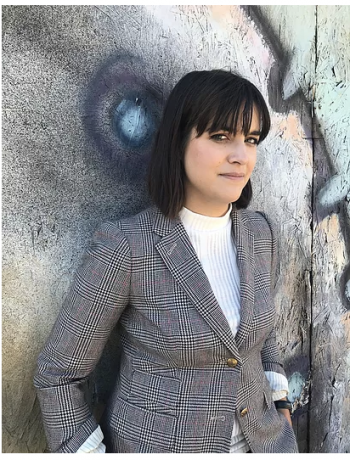We felt that plugging into the Global Game Jam project would give Duke students more resources and access to a larger community.
Meet Katya Gorecki, a Bass Digital Education Fellow with Learning Innovation who has been working on a game design project which led to the successful launch of Duke’s first-ever Global Game Jam (GGJ). The event, which has been held each year at other institutions, is a 48-hour game development challenge where teams create a digital or analog game based on a shared secret theme release. This was the first time the GGJ was held in the Duke Game Lab. Students gathered on Jan. 31 and the event wrapped-up on Feb. 2, 2020.
The event includes hundreds of sites every year with participants from amateurs to industry professionals. Gorecki states that kind of shared experience can be really helpful for students trying to connect with others while at Duke or after graduation.

What started as a project focused on building game design modules for the classroom has shifted into one of establishing a community across departments that can keep these efforts going after my project ends. It’s been really rewarding to fit my work within the larger goal that the Duke Game Lab as a whole is moving towards.
Katya Gorecki
Gorecki reflects on her project goals and the impact this fellowship project has had on Duke undergraduate education:
In addition to leading the GGJ, Gorecki’s project has included developing a series of game design workshops under the guidance of Shai Ginsberg, PhD, Associate Professor of Asian and Middle Eastern Studies and Director of Duke University Game Lab.
The main focus of my project has been establishing the Duke site for the Global Game Jam where game developers of all levels could gather, share knowledge, and create games to share with a global community.
Gorecki is among a cohort of Duke PhD students who work under the guidance of Learning Innovation as Bass Digital Education Fellows, taking part in a year-long, fully-funded fellowship offered in partnership with the Duke Graduate School and Learning Innovation.
